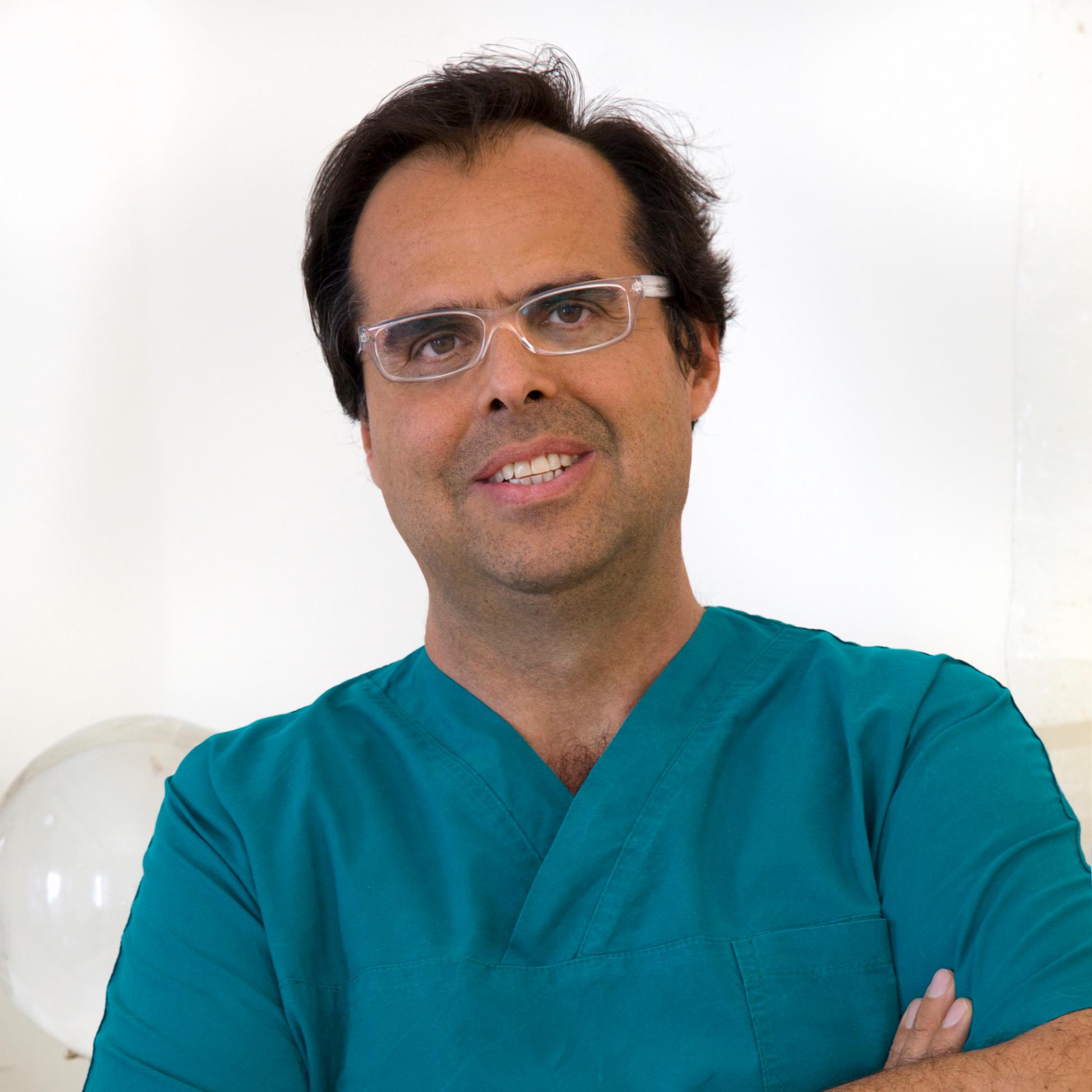Lipogems protagonista nella ricerca riabilitativa in medicina rigenerativa. Un articolo su Eurekalert, fonte autorevolissima sulle novità scientifiche internazionali, riporta gli argomenti della ricerca.
La Fondazione Kessler, non-profit che opera per migliorare la vita delle persone con disabilità fisiche e cognitive (causate da ictus, sclerosi multipla, lesioni cerebrali e del midollo spinale e altre condizioni neurologiche e muscolo-scheletriche croniche) ha ricevuto dei fondi dalla Fondazione Derfner per sostenere la ricerca riabilitativa nell'area della medicina rigenerativa e per formare un erudito gruppo di dottorato per una carriera nella riabilitazione rigenerativa.
Un altro importantissimo riconoscimento per il Lipogems e per il Prof. Carlo Tremolada, che utilizza regolarmente le iniezioni di tessuto adiposo autologo micro-frammentato per trattare patologie alla spalla e alla cuffia dei rotatori. La ricerca della Fondazione Kessler è la prima ad esaminare la sicurezza e l'efficacia delle iniezioni di tessuto adiposo micro frammentato per il dolore cronico alla spalla, in maniera specifica per i pazienti in sedia a rotelle che presentano lesioni del midollo spinale. Per queste persone è facilissimo subire infortuni alla spalla, con conseguente dolore e riduzione della mobilità.
La chirurgia alla spalla spesso non porta ai risultati sperati, motivo per cui la ricerca mondiale sta studiando delle valide alternative non chirurgiche. Il trattamento Lipogems rappresenta una di queste promettenti alternative.
Rotator cuff injuries are a common cause of pain and loss of function among manual wheelchair users with SCI. When pharmacological treatment and physical therapy fail to address the pain, rotator cuff surgery is often the only option. Injection with micro-fragmented adipose tissue is being tested as an alternative when conservative treatments fail. The procedure involves harvesting, processing (using the Lipogems® system), and injection of a sample of the person's own fat into the shoulder joint under ultrasound guidance. Fat tissue provides cushioning and fills structural defects, and may deposit bioactive and regenerative elements in the damaged tissues.
"So far, we've had six participants undergo the intervention and all have experienced better range of motion and less pain," noted Trevor Dyson-Hudson, MD, director of SCI Research at Kessler Foundation. "While results are preliminary, it appears that injection with adipose tissue prepared using the Lipogems system may be effective in treating shoulder pain from rotator cuff injuries in persons with SCI."
The Kessler Foundation has recently joined the International Consortium for Regenerative Rehabilitation (ICRR), further strengthening its commitment to advancing regenerative medicine treatments. This collaboration will help facilitate the development and translation of new technologies that restore function and enhance quality of life for patients with disabilities.
